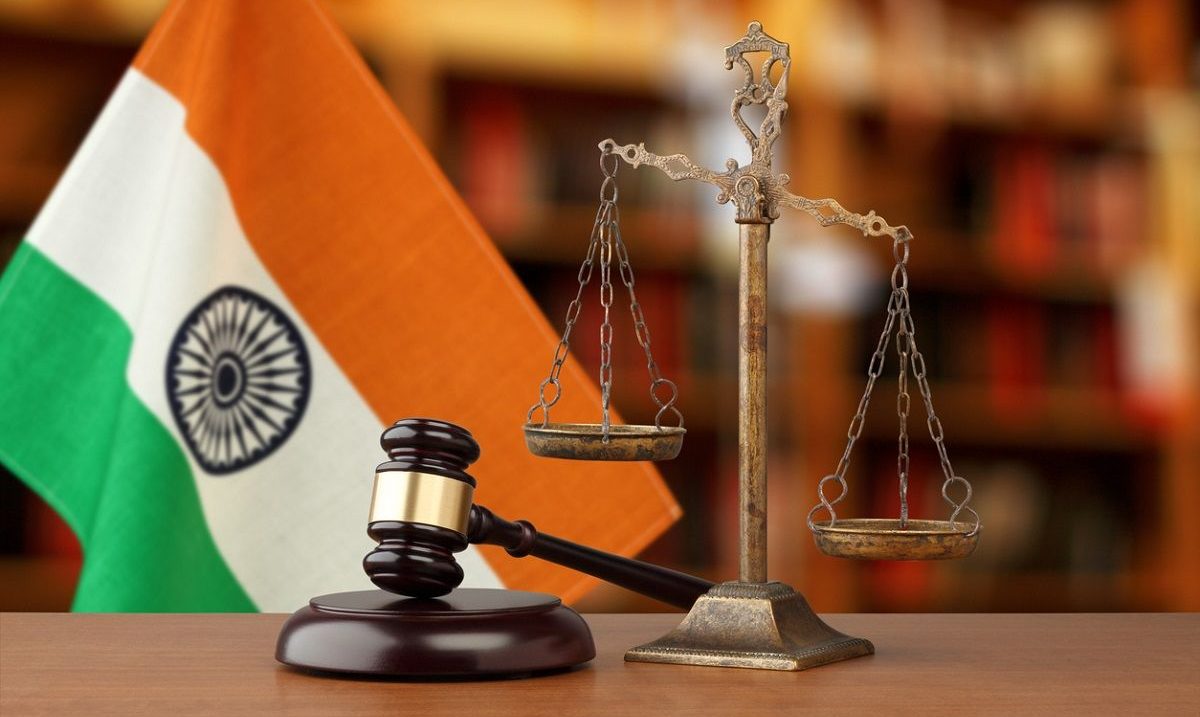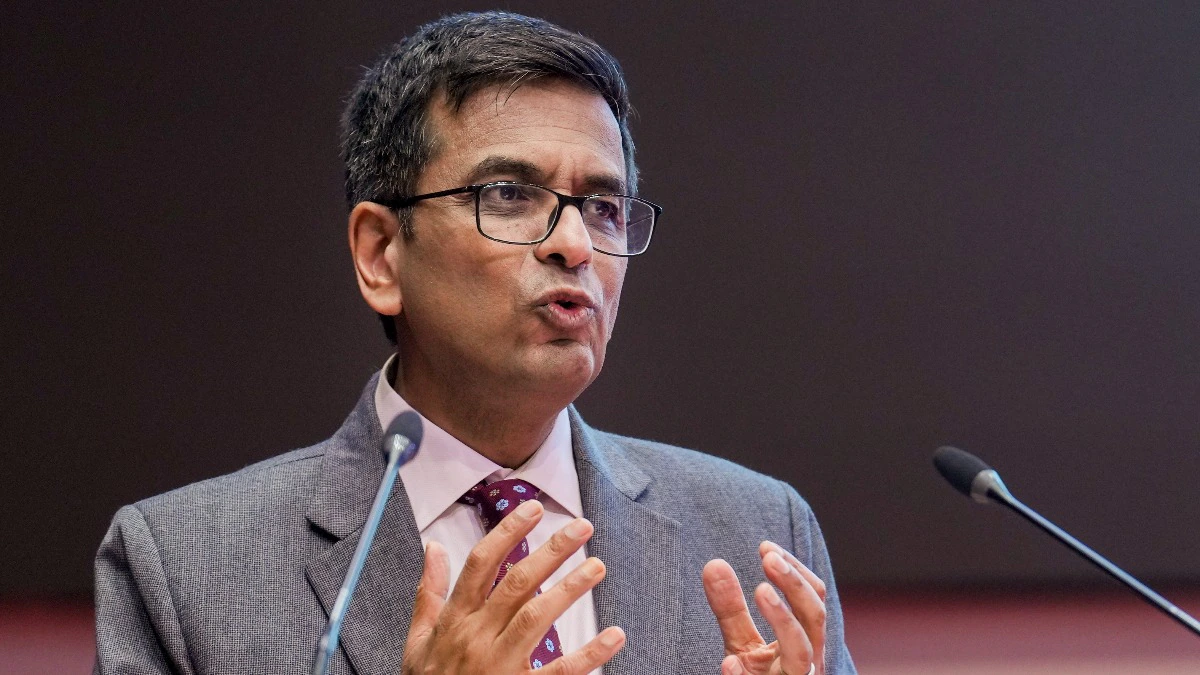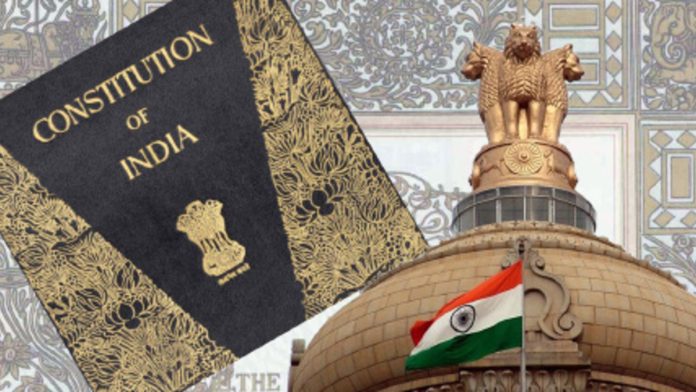- Not for nothing, Indian citizens consider the Supreme Court as their last beacon of hope knowing fully well that the Constitutionally mandated rights will be upheld without prejudice and irrespective of caste, creed, or class. Time and again, the Apex Court has stepped in to address matters of critical concern within the framework of the Constitution and the rights thereof. Yes, the demarcation introduced by our forefathers while framing the Constitution does not leave any doubts as to how the three pillars viz. the legislature, the executive, and the judiciary discharge responsibilities. Of course, several instances of one encroaching upon the other assiduously guarded territories do take place. Recollect the moniker judicial activism coming into the fore.

PC: Deccan Herald
- Further, some of the contentious rulings of yore making their presence in the altered times are handled with desired sensitivities as well. One such SC ruling was recently unveiled. It can be safely construed that SC ruling on government acquisition of private properties is right and a reflection of how economic policies have changed. The SC’s ruling on Article 39(b) clarified not all private property can be classified as material resources of the community that the state can redistribute for the common good. The Constitution’s Article 39(b) mandates that the state shall direct its policy towards securing that ownership and control of material resources of the community are so distributed as best to subserve the common good.
- The question before SC was whether private property can be considered part of the material resources of the community. CJI Chandrachud-led constitution bench underscored in their 7:2 judgment that while some privately held resources could potentially fall under this category, each case requires careful assessment, given context and a case-to-case basis. Only those resources of significant impact on community welfare, that have unique characteristics or are scarce and needed for community well-being, may be considered under this provision. The judgment straightway increased the scope of judicial oversight in cases involving resource redistribution or government acquisition bids. Expect intense scrutiny of the state’s claims for infra projects.

PC: India Today
- Indeed, questions will be asked on whether acquisitions genuinely serve public welfare, as the consequence of such resources being concentrated in the hands of private commercial players, and whether they meet the criteria outlined by this judgment. Private property remains constitutionally protected unless it meets stringent criteria of public interest. Note that the judgment is not unexpected, although its discussion outside the courtroom had taken on a tangential political life all its own ahead of the Lok Sabha elections. Poll results evidenced that voters did take the misinformation that swirled around the issue with a fistful of salt. Yes, interpretations of constitutional provisions can vary with shifts in economic policies, without disturbing the basic structure doctrine. The SC has proved it in the instant case.






